6 tips to help you get your rest
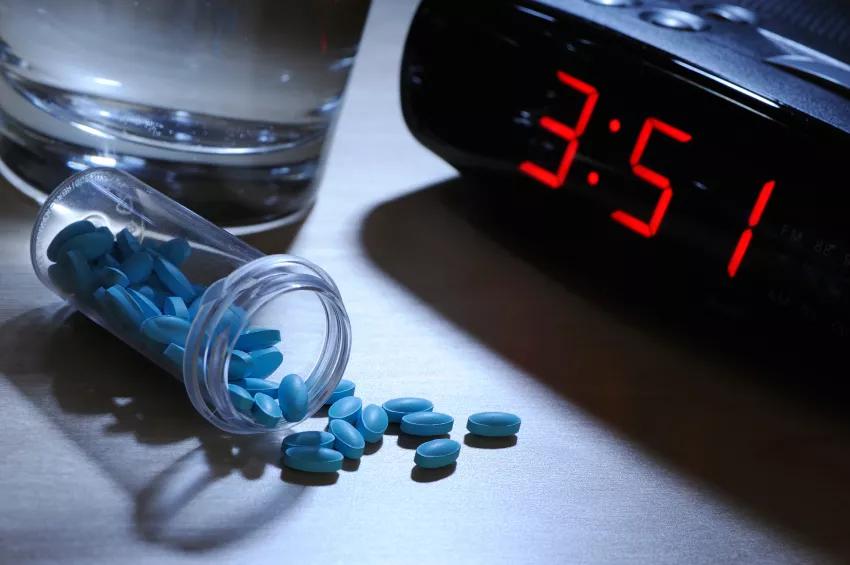
With today’s fast-paced lifestyles and overbooked days, insomnia strikes nearly everyone at some point. It’s normal to have some nights that aren’t as restful as others, but when it happens in a string of nights, you might want to try an over-the-counter sleep aid.
Advertisement
Cleveland Clinic is a non-profit academic medical center. Advertising on our site helps support our mission. We do not endorse non-Cleveland Clinic products or services. Policy
We asked neurologist Jessica Vensel-Rundo, MD, to share her suggestions for how to use over-the-counter sleep aids safely. She says if you’re concerned about insomnia and it is ongoing or experience pain or other symptoms, you should talk to your doctor.
Here are 6 tips to using over-the-counter sleep aids safely:
Sleep aids only work correctly if you set aside enough time for shut-eye.
“We’re looking for them to give help in falling asleep, but added grogginess when people first wake up isn’t what we want,” she says. “Most sleep aids recommend a full eight hours be devoted to sleep, so I encourage patients to ensure they’re sleeping adequately.”
Dr. Vensel-Rundo recommends initially trying a sleep aid on a night when you won’t need to wake early, drive or make important decisions the next day.
If you take a higher dose than intended or you don’t get enough sleep, you’re more likely to experience excessive morning drowsiness. You could also potentially sleepwalk, or even talk on the phone or send emails and texts without remembering it.
Sleep aids increase drowsiness, but it’s a bad thing if you stay sleepy during the day. “Sleep aids work by activating the sleep centers in the brain and turning off the wake centers,” Dr. Vensel-Rundo explains. The medication should help you fall asleep and stay asleep longer, but it shouldn’t knock you out. If you have significant difficulty waking in the morning, tell your doctor.
Advertisement
What to Do If You or Someone Else Is a SleepWalker
If you have a history of depression, sleep aids can temporarily make it worse. Headaches and nausea are possible, but they aren’t common side effects.
The medications also reduce anxiety and relax your muscles, Dr. Vensel-Rundo says.
“People are more apt to feel drowsy or to sometimes have abnormal thinking or hallucinations,” she says. “It’s usually described as a clouded- or foggy-thought process. We call it sleep drunkenness.”
Generally, Dr. Vensel-Rundo says, doctors recommend patients use sleep aids nightly for two to four weeks. If you need help longer, they suggest you only take the medication as needed, such as three nights weekly.
“There aren’t a lot of long-term studies, so we don’t know the effects of being on sleep aids for a long time,” she says. “Some reports show memory impairment, as well as coordination impairment with some aids.”
This can be especially dangerous in older people, as they’re already at a higher fall risk with medications.
Quitting abruptly can cause rebound insomnia – three to four days of more severe insomnia than usual. Patients can even experience rebound insomnia even after only brief use.
Instead, Dr. Vensel-Rundo says, gradually wean yourself off over days or weeks. If you take a sleep aid nightly, reduce the dose for a week or two. Repeat this pattern until you no longer need the medication. If you’re already on the lowest dose, cut out taking it one night a week and slowly eliminate additional nights.
Insomnia is fairly common, with nearly 50% of Americans reporting occasional insomnia. More than 20% struggle with it every night. Women are slightly more likely to experience it than men, as are adults older than age 65.
Eventually, insomnia can lead to heart disease, depression, and injury due to falls or other accidents. In these cases, prescription sleep aids or even some antidepressants — can be helpful, Dr. Vensel-Rundo says.
Advertisement
Learn more about our editorial process.
Advertisement
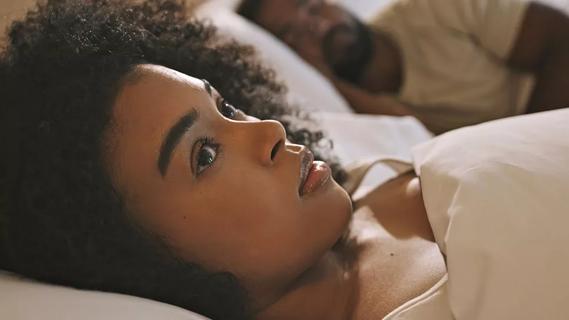
Keeping a sleep diary and seeing a sleep specialist can help you stay asleep and get the ZZZs you need
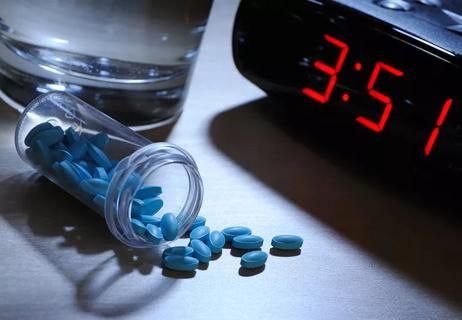
Does this supplement help you get more ZZZ's
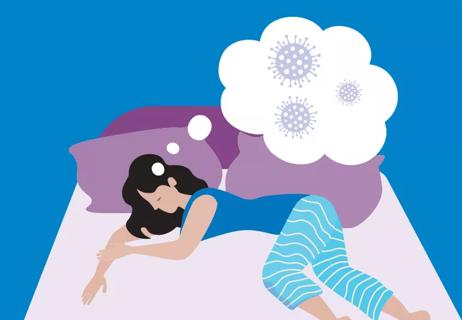
Here's how to get some rest in the face of pandemic-caused insomnia

An expert discusses what effects, if any, vitamins have on your ability to sleep
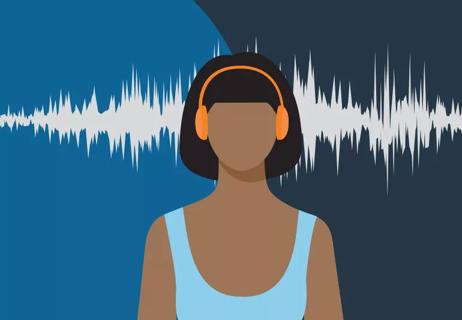
What to do when your worries are keeping you from sleep
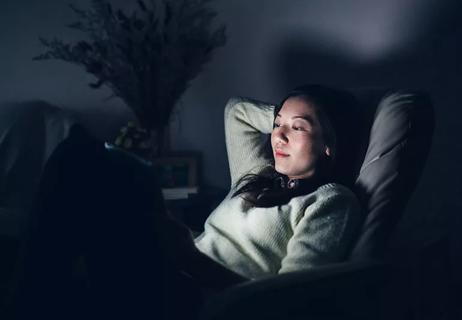
Find out where you could be going wrong and how to get back to sleep

Type 2 diabetes isn’t inevitable with these dietary changes

Applying a hot or cold compress can help with pain